6 June, 2018
Over the past months, the EU has been debating lifesaving legislation that can change the way citizens are alerted of terrorist attacks and located in times of emergency.
In the early hours of this morning, EU leaders reached an agreement on these aspects of the European Electronic Communications Code (EECC), marking a massive step forward for public safety.
What concrete decisions have been made?
- A mandatory Reverse 112 system (warning the public of threats)
- Inclusion of handset-derived location as a way to locate emergency callers
- Establishment of a transnational database to tackle the issue of transborder emergency calls
- Enhanced access to 112 from private network
- Improved access for people with disabilities
After these milestone agreements, EENA would like to congratulate Dita Charanzova, the rapporteur on the text, and her team, as well as the other shadow-rapporteurs who’ve been defending this item for many months.
Dita Charanzova, Rapporteur on the text, commented:
“Recent terrorist attacks have shown that information can save lives. Our citizens need to get clear and correct information as quickly as possible. I’m happy to see that EU Governments agreed with the proposal of the Parliament to have a ‘Reverse 112’ system in place in every Member State. Today, we have ensured that Europe will be safer in the future.”
What is reverse 112?
Over the past year, we’ve witnessed tragic attacks in London, Manchester, Barcelona, and elsewhere… In emergencies such as these, accurate and timely information is essential. Whether for a terrorist attack or a natural disaster, Reverse 112 will allow authorities to rapidly warn those in danger, directly through their mobile phones. Four European countries already have efficient Reverse 112 systems, and this morning’s agreement means it will be mandatory throughout Europe.
For more information, read here and here.
Helping rescuers to find you
Handset-derived location will be used to rapidly locate those making emergency calls. Advanced Mobile Location (AML) is one possible application; it’s already supported on all Android and Apple smartphones and is operational in 9 EU countries… soon to be many more!
Benoît Vivier, EENA Public Affairs Manager, commented:
“When someone in danger calls the emergency services, accurate location information is key. Time saved means lives saved.”
More info on EENA’s work on AML here.
What will happen next?
The new agreements will now go through a vote at the European Parliament and the Council of the European Union. This is a formality which will finalise the agreements in EU legislation.
Useful links
European Commission Press Release
Article: How many attacks until Europe acts on public warning?
